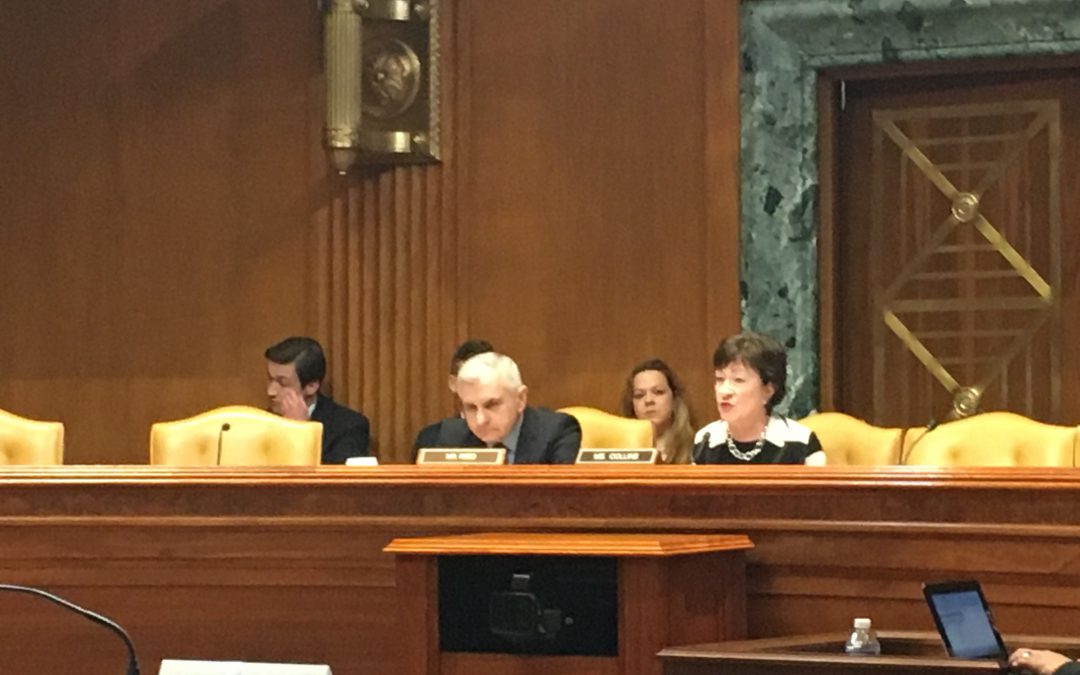WASHINGTON — Wider implementation of autonomous vehicles could eliminate fatal car accidents, the head of the National Highway Traffic Safety Administration testified Wednesday before a Senate Appropriations subcommittee.
Dr. Mark Rosekind said 94 percent of motor vehicle accidents are caused by “human error.”
“We envision a future where advanced technologies not only help reduce crashes, but also make possible a world in which fully self-driving cars hold the potential to eliminate traffic fatalities altogether.”
But several members of the Transportation, Housing and Urban Development, and Related Agencies subcommittee said increased use of automated vehicles could cause job losses. The subcommittee was exploring the government’s role in regulating automated vehicles.
The subcommittee members at the hearing expressed support for a gradual, and eventually total, transition to self-driving vehicles, with chairwoman Sen. Susan Collins, R-Maine, suggesting that autonomous vehicles could “save thousands of lives every year.” In 2015, more than 35,000 people were killed on U.S. roadways, and the country is on track to surpass that number this year.
Paul Brubaker, president and CEO of the Alliance for Transportation Innovation, told the subcommittee that human drivers are “simply killers.”
“Computers don’t get tired, they don’t text, they don’t drink and drive and they don’t get road rage,” Brubaker said.
But the top Democrat on the subcommittee, Sen. Jack Reed of Rhode Island, expressed concern about the potential loss of jobs with the implementation of self-driving vehicles. He said 3 to 5 million jobs could be at risk with a transition toward automation.
Nidhi Kalra of the defense think tank RAND Corporation acknowledged that automation could eliminate jobs. “We have to start thinking now about how to develop an alternative job market, where that’s possible,” she said.
Beyond the technical concerns, Collins raised the question of the ethics of autonomous vehicles. Driving consistently “requires complex judgments,” she said.
Kalra disputed the use of the word “ethical” and argued that humans are more likely to make unethical choices while operating a car, such as driving while drunk.
“Autonomous vehicles won’t make those kinds of ethical mistakes.”
National Safety Council President Deborah Hersman emphasized the need for transparency and standardization of practices in testing autonomous vehicles before they are released. She said ethical conundrums could arise from manufacturers covering their tracks when an accident — or worse — occurs.
“We’ve got to look at this holistically and say, ‘There will be failures,’” she said. “Will there be deaths? Absolutely, as this technology rolls out.”
Routine implementation of self-driving vehicles could take less than a decade.
“What was once novel is at the brink of becoming commonplace,” Reed said.


